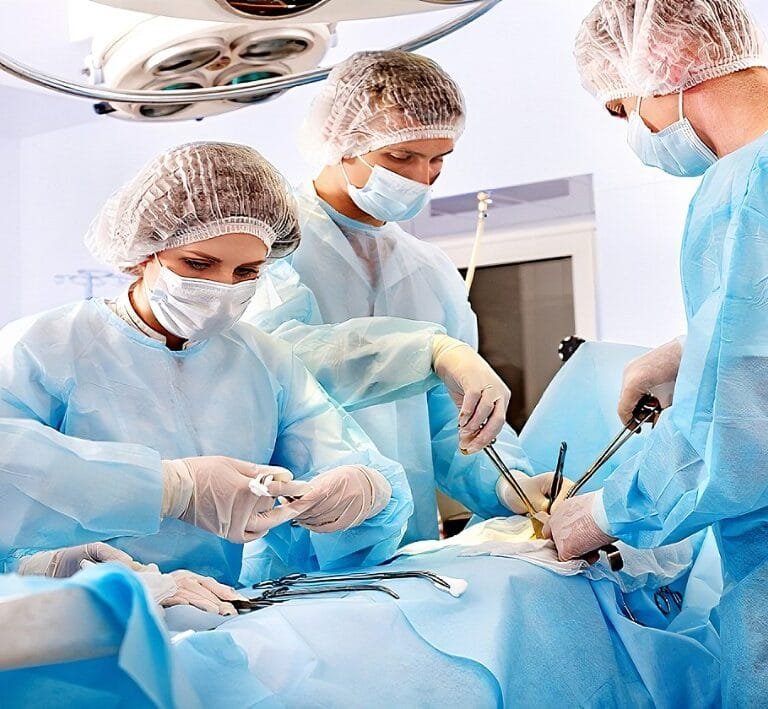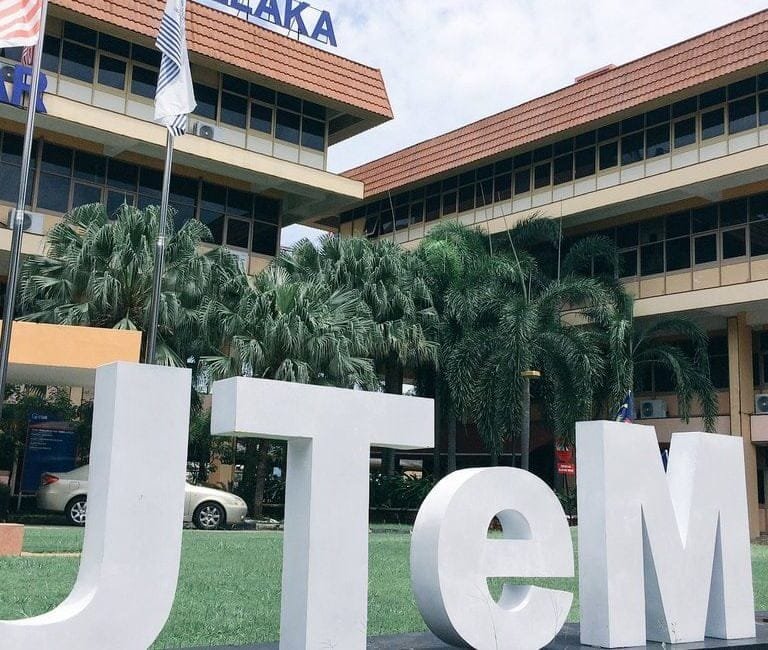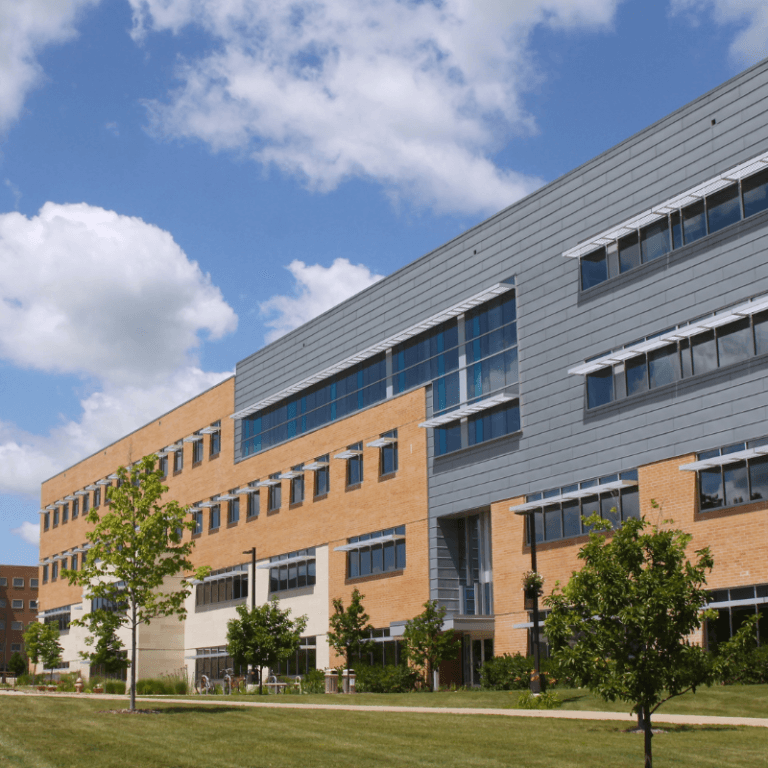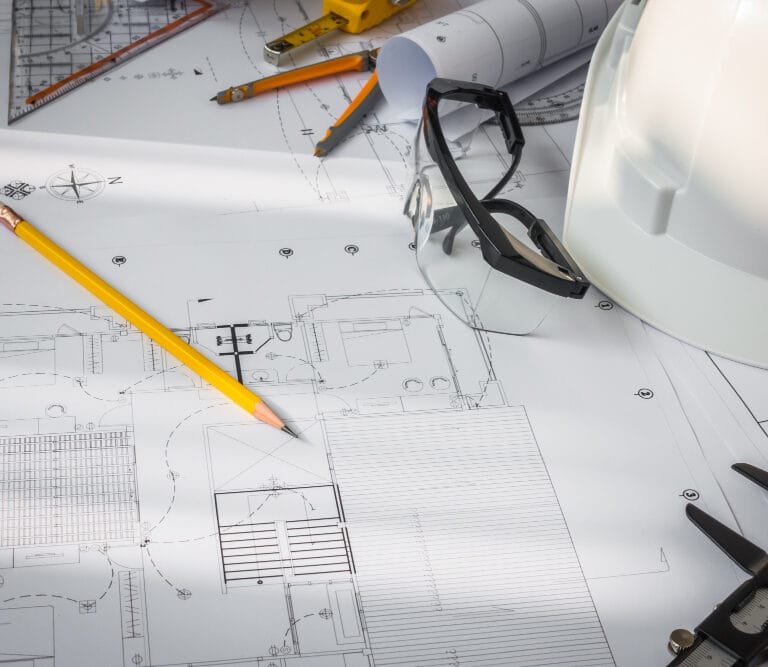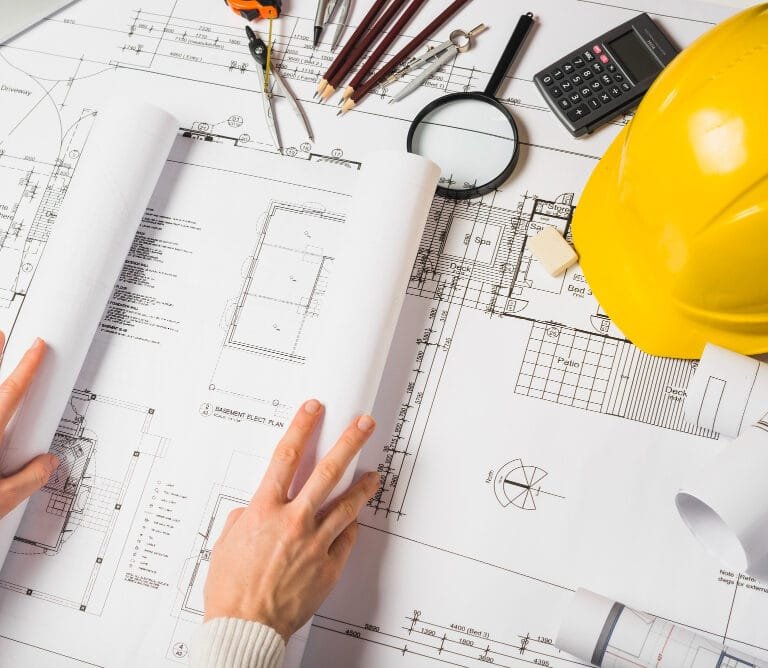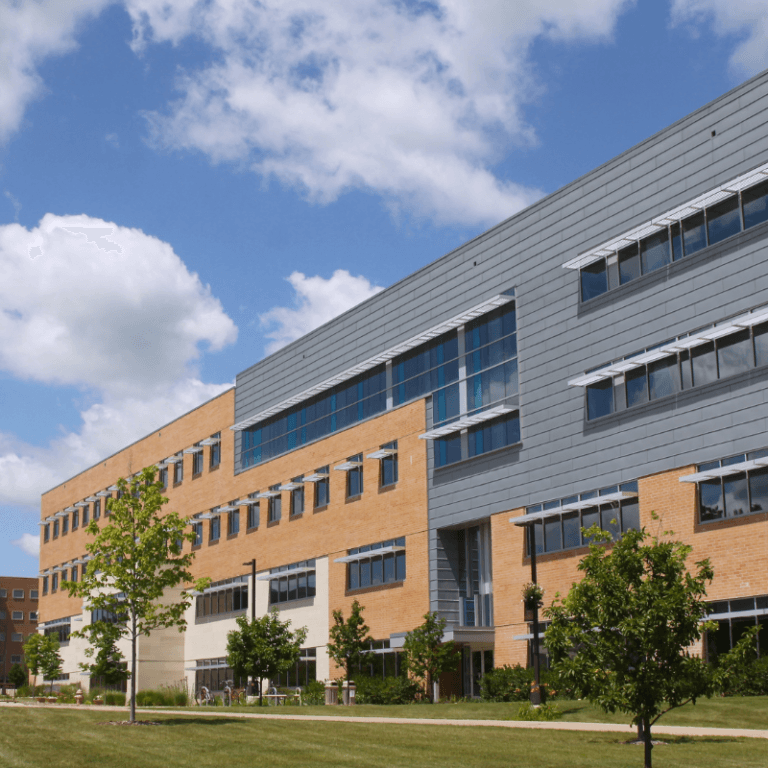About space engineering
Aerospace engineering is a branch of engineering that focuses on the design and development of devices and vehicles that are used to explore outer space. Space engineering's areas of work include the design and construction of spacecraft such as satellites and space stations, as well as the development of propulsion technologies, communications and navigation systems.
With every star that twinkles in the night sky, humanity is inspired to explore the endless space that stretches before us. Through space engineering, engineers take this inspiration and turn it into reality, designing and building devices and vehicles that take us into the deep depths of the universe.
Specialization requirements for skills
To be successful, an aerospace engineer needs a variety of skills, including:
1. Knowledge of physics and mathematics.
2. The ability to think creatively and solve problems.
3. Communication and teamwork skills.
4. Knowledge of technology and engineering.
5. Ability to work under pressure and in changing environments.
The most important universities to study space engineering
Some prestigious universities around the world offer study programs in the field of aerospace engineering, including:
– Massachusetts Institute of Technology (MIT) in the United States.
-Stanford University in the United States.
– University of California, Berkeley in the United States.
– Texas A&M University in the United States.
– University of Cambridge in the United Kingdom.
-Tokyo University in Japan.
The most important subjects you study in this major
In studying space engineering, students are exposed to a wide range of subjects that contribute to building a strong foundation for understanding space technology and science. Among these materials:
- Statistics: Statistics is a fundamental subject in space engineering, as it is used to analyze space data and provide reports and predictions about space events.
- Dynamics of Aerospace Systems: This course is concerned with studying the movement and interactions between objects in space, and its applications to the design and analysis of space systems.
- Movement and control of space systems: This course focuses on the design and analysis of control systems that manage the movement and behavior of objects in space, and ensure the safety and stability of space flights.
- Aerodynamics: It deals with the study of air currents and their effect on objects in space, and enhances understanding of the design and performance of spacecraft.
- Thermodynamics:It is concerned with studying thermal reactions in space and their applications to cooling, heating, and heat management systems in spacecraft.
- Flight Software Systems:This course aims to understand and apply software systems that manage the performance and behavior of spacecraft during flight.
- Aerospace Instrumentation and Experimentation:It deals with the study of the design and use of experimental tools and devices in space to measure and monitor various phenomena and variables.
- Aerospace Structures: It focuses on the design and analysis of aircraft and spacecraft structures to ensure their rigidity and strength during flight.
- Aeronautical Systems Design:This subject is considered the basic foundation of the aerospace engineering specialty, as it focuses on the design and development of spacecraft and their systems in line with aviation and space requirements.
Career paths to specialize in aerospace engineering
Aerospace engineering offers a wide range of exciting and rewarding career paths that engineers can choose from. These paths include:
- Satellite engineer: works on designing and developing satellites and ensuring their effectiveness and safety in space. A satellite engineer is responsible for designing, testing, and maintaining the instruments and systems on a satellite.
- Spacecraft engineer: Designs and builds spacecraft such as rockets, flyable spacecraft, and probes. The role of a vehicle engineer includes designing structures, power systems, and control systems.
- Space systems engineer: works on designing and developing integrated systems used in spacecraft, such as power, communications, and navigation systems. He analyzes and designs these systems to ensure their effective performance in the space environment.
- Space researcher: He conducts research and development in various fields related to space, such as astrophysics, planetary science, and advanced space systems. Space researchers contribute to a deeper understanding of the universe and its various manifestations.
- Space Project Manager: Manages space projects from start to finish, including project planning, organizing resources, managing schedule and budget, and monitoring progress. Space project managers ensure that projects are managed effectively, on time and at a reasonable cost.
- Test and Analysis Engineer: Tests and analyzes space devices and systems to ensure their effective performance in space. Performs necessary tests and data analysis to ensure the safety and reliability of spacecraft.
Advantages of specialization
- Exploring and understanding the universe: The space engineering major is a gateway to exploring the depths of the universe and understanding its secrets. It gives engineers the opportunity to contribute to space exploration projects that contribute to understanding the future of humanity and expanding the horizons of human knowledge.
- Excellent job opportunities: The Aerospace Engineering major provides excellent and exciting job opportunities in government institutions and private companies in areas such as research and development, spacecraft design and manufacturing, and space project management.
- Attractive salaries: The space sector is among the sectors that pay attractive salaries to engineers due to the sophisticated and advanced nature of space projects and the technology used in them.
- Make a positive impact: Through their work in space, engineers can make a real difference in the world and human history, whether by developing new technologies or by contributing to space projects that benefit all of humanity.



